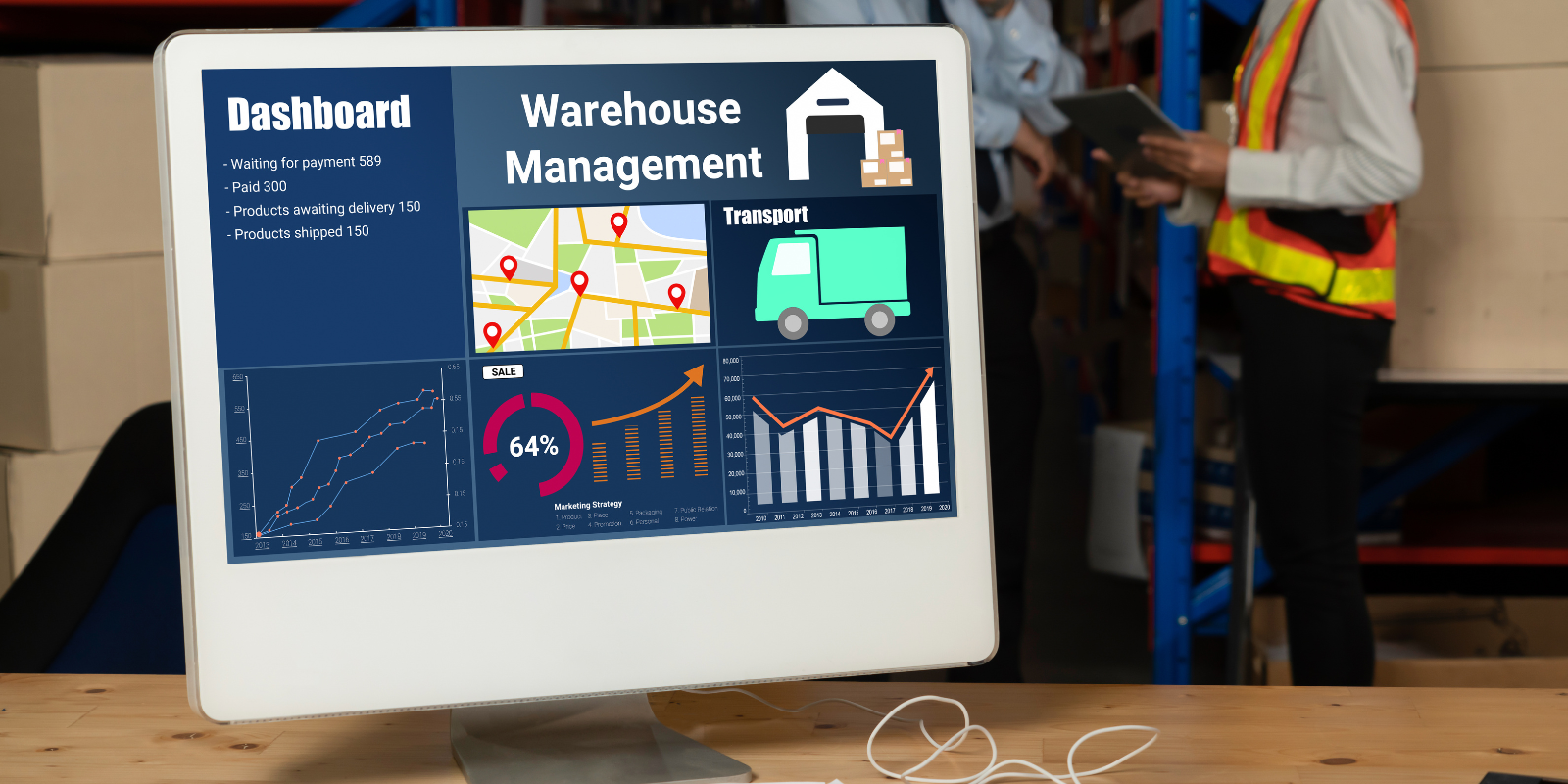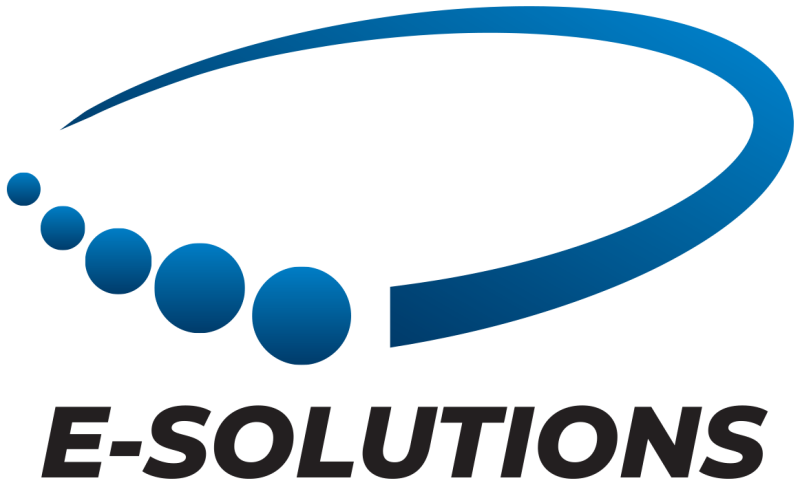In the world of healthcare, the stakes are high. Timely decisions can save lives, optimize operations, and enhance patient outcomes. Enter predictive analytics—a data-driven approach that’s transforming the industry by forecasting future events based on historical data. It’s not just a buzzword; it’s the foundation for smarter, faster, and more precise healthcare delivery.
Imagine predicting the onset of a chronic disease before symptoms appear or foreseeing patient admission rates to allocate hospital resources effectively. Predictive analytics is making these possibilities a reality. By analysing patient histories, genetic information, and environmental factors, algorithms can predict health risks and enable proactive interventions. For example, diabetes management platforms now use predictive models to flag at-risk individuals, guiding them toward preventive care.
Predictive analytics isn’t confined to patient care; it’s also revolutionizing hospital operations. Emergency rooms, for instance, often face unpredictable patient volumes. With predictive tools, hospitals can forecast admission surges, ensuring that staff, beds, and equipment are ready when needed. This not only improves patient experiences but also reduces costs associated with last-minute resource allocation.
Pharmaceutical companies, too, are leveraging predictive analytics. Drug development, traditionally a lengthy and expensive process, is being expedited by analysing data from clinical trials to predict drug efficacy and side effects. This approach helps bring life-saving treatments to market faster, benefiting patients and providers alike.
Despite its potential, predictive analytics in healthcare comes with challenges. Data privacy and security are critical concerns, given the sensitive nature of health information. Integrating disparate data sources—such as electronic health records, wearable devices, and lab results—requires robust infrastructure and expertise. And, as with any predictive model, ensuring accuracy is paramount; decisions based on flawed predictions can have serious consequences.
Yet, the benefits far outweigh the hurdles. As machine learning and AI evolve, predictive analytics will become even more precise, scalable, and accessible. Hospitals will pre-empt crises, patients will receive personalized care, and insurers will design smarter policies. This isn’t the future—it’s already happening.
In an industry where every second counts, predictive analytics is proving to be a game-changer. By leveraging the power of data, healthcare providers are not just reacting to problems—they’re anticipating and solving them before they arise. It’s a revolution that promises better outcomes for patients and more efficient systems for providers, setting the stage for a healthier, more data-driven world.






